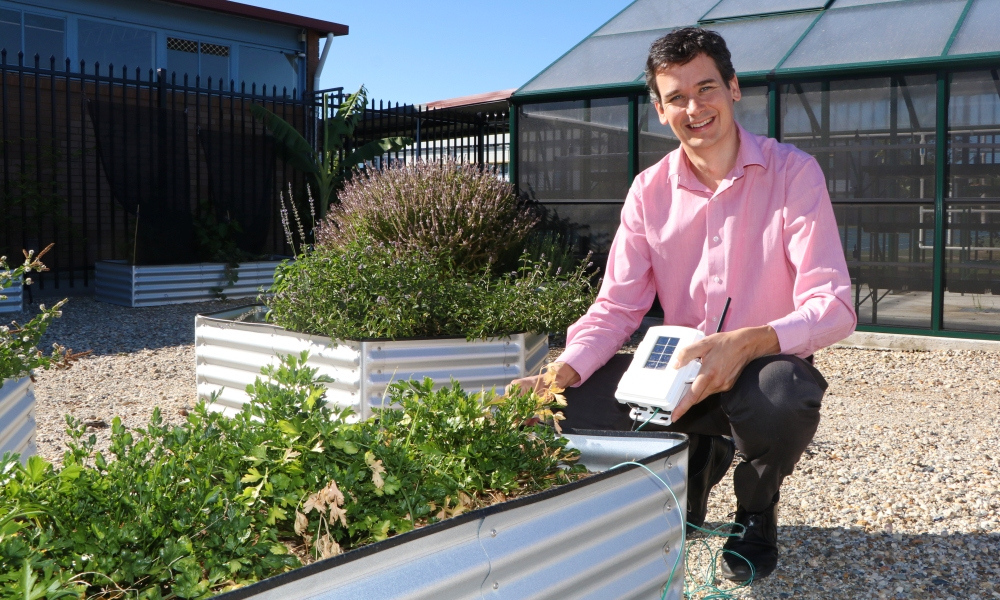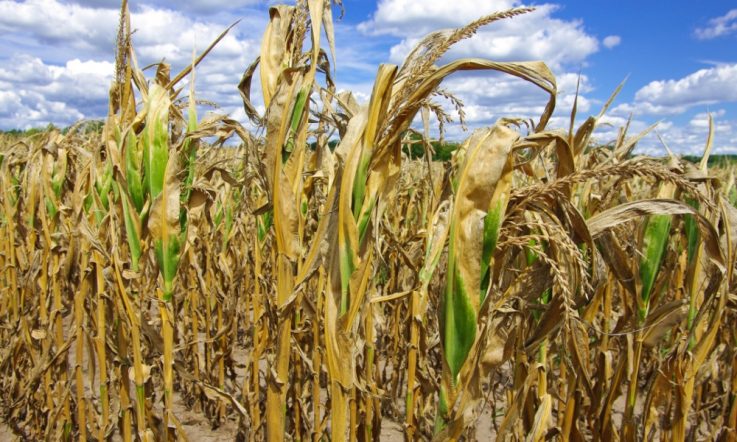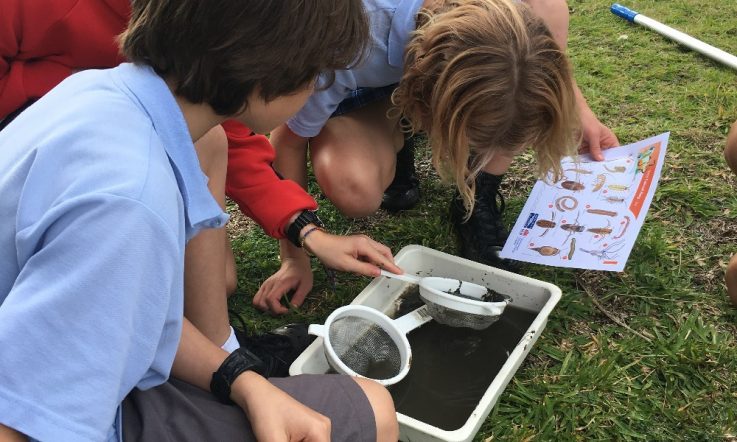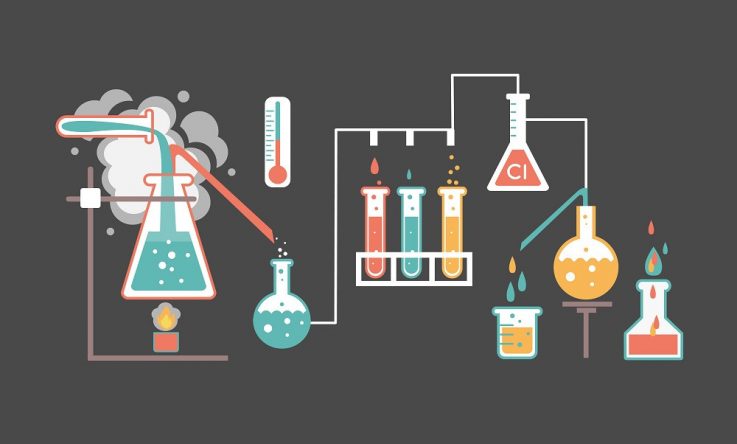On the Victorian side of the border with New South Wales, three-and-a-half hours from Melbourne, sits Wodonga Senior Secondary College – home to 900 Year 10-12 students, 100 staff and a community hub for the sharing of STEM expertise.
‘We're a larger school, we have a large number of expert teachers – not many schools in regional areas have that kind of capacity,' Michael Rosenbrock, assistant principal at the college and director of the Regional STEM Centre, explains. ‘We identified that we were doing a lot of good STEM work already and we were in a good place to share our work and help meet the different needs of teachers and students in regional areas.'
The former aerospace and automotive engineer tells Teacher that includes professional development opportunities. ‘There are a lot of things around [in education] about STEM, but it's different in a regional setting. Students have different needs, different backgrounds, and it's a lot harder for staff and students to access things than in the city.
‘Our teachers and students in regional areas are limited in what they can access. They can't simply go to the university after school or just drop into a PD. That's where the idea came in my head that it would be worth doing this. The school was in a position to do it, and the school leadership was supportive of doing so.'
The centre was officially created in 2016 (although Rosenbrock points out the work had already been going on for several years) and is an initiative of the college and the Wodonga Federation of Government Schools, in partnership with Quantum Victoria. It occupies several sites within the secondary college.
‘We realised we could make use of the school's facilities. We had a new building built a few years ago – a new science lab, science wing and a new area which has really created a nice space in which we can facilitate things. There are teaching space and learning spaces there, and areas where we can run PD and host events for teachers and students. Then there are things like the outdoor STEM classroom, and we have a Trade Training Centre at the school.'
A major driver of the Regional STEM Centre is the sharing of expertise. Wodonga is just across the Murray River from another large regional city, Albury. Together, they have a combined population of around 100,000 and Rosenbrock says the centre is able to provide opportunities for teachers and students from both sides of the river.
‘The things we do are for all students and teachers in our region, not just for those who might happen to be in our school. Whilst certainly we do run a lot of things that are embedded in our school (programs that are run internally) we do also run things that are for the greater good, in that sense. That's a big area of focus.'
The Regional STEM Centre organises and hosts regular professional learning events, workshops and an annual conference, providing PD for a large chunk of teachers from the area, while student initiatives include the Little Professors program where senior students work with their primary counterparts to engage them in STEM. ‘Little Professors is sort of an incursion/excursion model. The thing about it that's really beautiful is that it's run by the students and they've thoroughly enjoyed it, it's been a great experience for them, and we've had really great feedback from the primary students. They've become very excited about STEM and about their learning in that area and seen it from a different side – and the same thing for the senior students.'
Rosenbrock says the key to providing these rich teaching and learning opportunities has been linking with external organisations, such as forming strong partnerships with the two local universities – La Trobe University in Wodonga and Charles Sturt University across the river in Thurgoona. ASELL (Advancing Science and Engineering through Laboratory Learning) will run a workshop at the centre at the beginning of March – the event is being offered for free and instead of making a payment, participants are asked to make a commitment to sharing what they've learned with colleagues in their own schools.
‘There are organisations around the country that are really keen to support teachers, but they kind of need someone to work with, they need someone to host things, they need someone to be able to provide a facility, and to promote it in their area. And that's kind of a role that we can fulfil, bringing those organisations that are based in the city together for teachers [here] and saying “yes, we can provide a home for that PD and we can reach an audience and we can see its value”.
‘Generally, we try and do things for the lowest cost possible because we appreciate the challenges in schools finding the money to afford to do PD and we want as many people there as possible. Sometimes there's funding that allows us to do things at no cost, sometimes it's not the case, but we do the best we can to keep the cost down.'
Rosenbrock says the annual conference has been a cornerstone of the regional facility and its PD programs as it brings together a large number of teachers from a wide area, building the foundation for plenty of collaboration and the creation of networks within schools, providing a ‘canvas' for educators who are keen to share in their areas of passion.
The college (and the centre) is constantly looking to add to its teaching and learning facilities. One of its most recent projects is an outdoor STEM classroom where the emphasis is on practical learning – focused on engaging disadvantaged students in STEM and funded as part of the Victorian Government Education State equity funding initiative.
For Wodonga, agriculture and horticulture are important, and growing, industries. Staff at the college started with the idea of a traditional school garden typically aimed at a lower year level and imagined a redesign more like a laboratory for a senior cohort; a higher standard facility where students can do research, capture data and make use of technology. It includes a greenhouse, shade house, and weather station for collection of live data. Students across a range of subject areas are encouraged to add to the facilities, create their own hands-on, long-term projects and take ownership of the space. Getting the classroom up and running has itself been a learning opportunity for VCAL (Victorian Certificate of Applied Learning) students, who have helped to construct and set up the site, and hospitality students now make use of the produce grown in their catering. ‘We've also looked at incorporating elements of Indigenous and other cultures that relate to students in our cohort … a place where our science students can do cultural investigations – they might decide to grow something or see the effects of something, look at hydroponics or aquaponics.
‘It really is about engaging more students in STEM and supporting staff to do that, and I think that is something about all of the work that we do at the centre. We're trying to reach the students who may not particularly like the science classroom or may not readily travel to Melbourne … all those sorts of things. So, reaching those students who normally miss out.'
Prior to making a career switch to teaching, Rosenbrock was employed at BMW in Germany, a specialist automotive software company in Detroit, and for a contractor to Airbus in Melbourne, where he worked primarily on the wing structure of the Airbus A380 superjumbo. His education experience to date includes a part-time secondment to VCAA (the Victorian Curriculum and Assessment Authority) as a Specialist Teacher in STEM. ‘I'm originally from this area, so this was really returning to where I grew up to be an educator.'
Reflecting on the aims of the college and the broader vision and mission for the Regional STEM Centre, he says it's all about making a difference for students and for the wider community. ‘We know that we're in a world that is increasingly reliant on science and technology and it's really important for our students and our community to be able to engage with that in a meaningful way.'
To find out more about the Regional STEM Centre, visit the website or connect via Facebook.
Upcoming PD events for teachers include a workshop on Laboratory Learning on 5 March, a workshop on GIS (geographic information system) technology for schools on 13 June, and the 2018 Regional STEM Conference on 25 June. There are events on offer for students in Term 1, with a Little Professors Workshop for Primary Students on 16 and 23 March.



